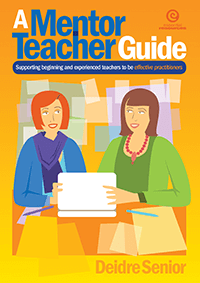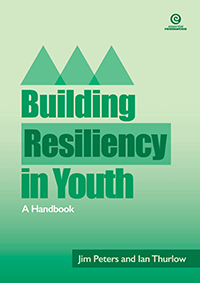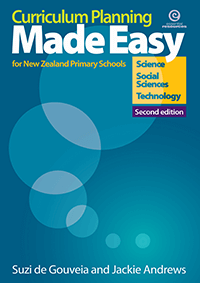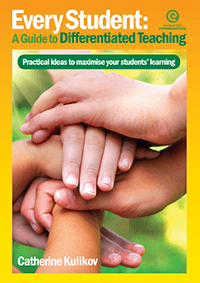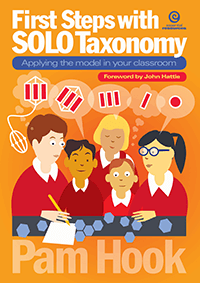
Assessment for Learning: A pathway to progression
|
NZD incl GST
|
Add to cart | |
| or more | each |
